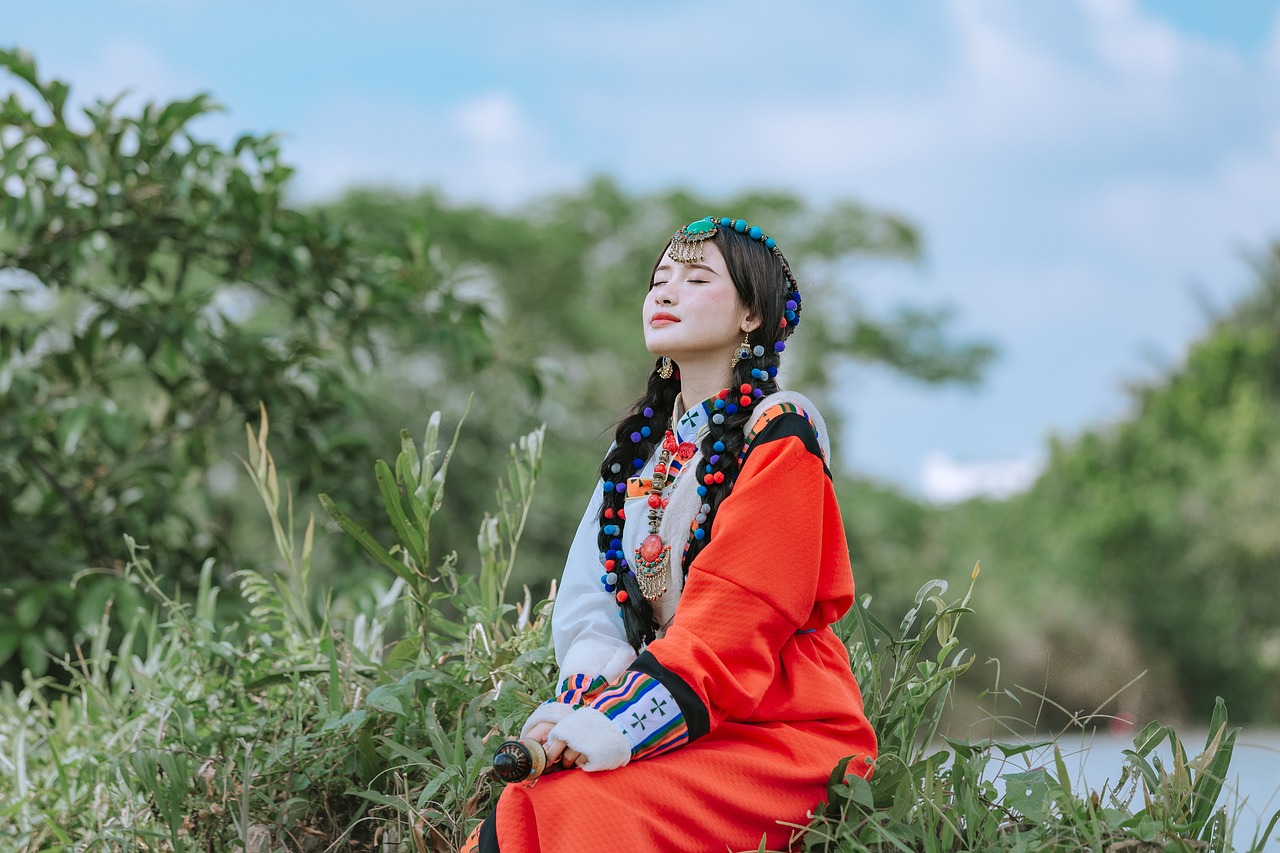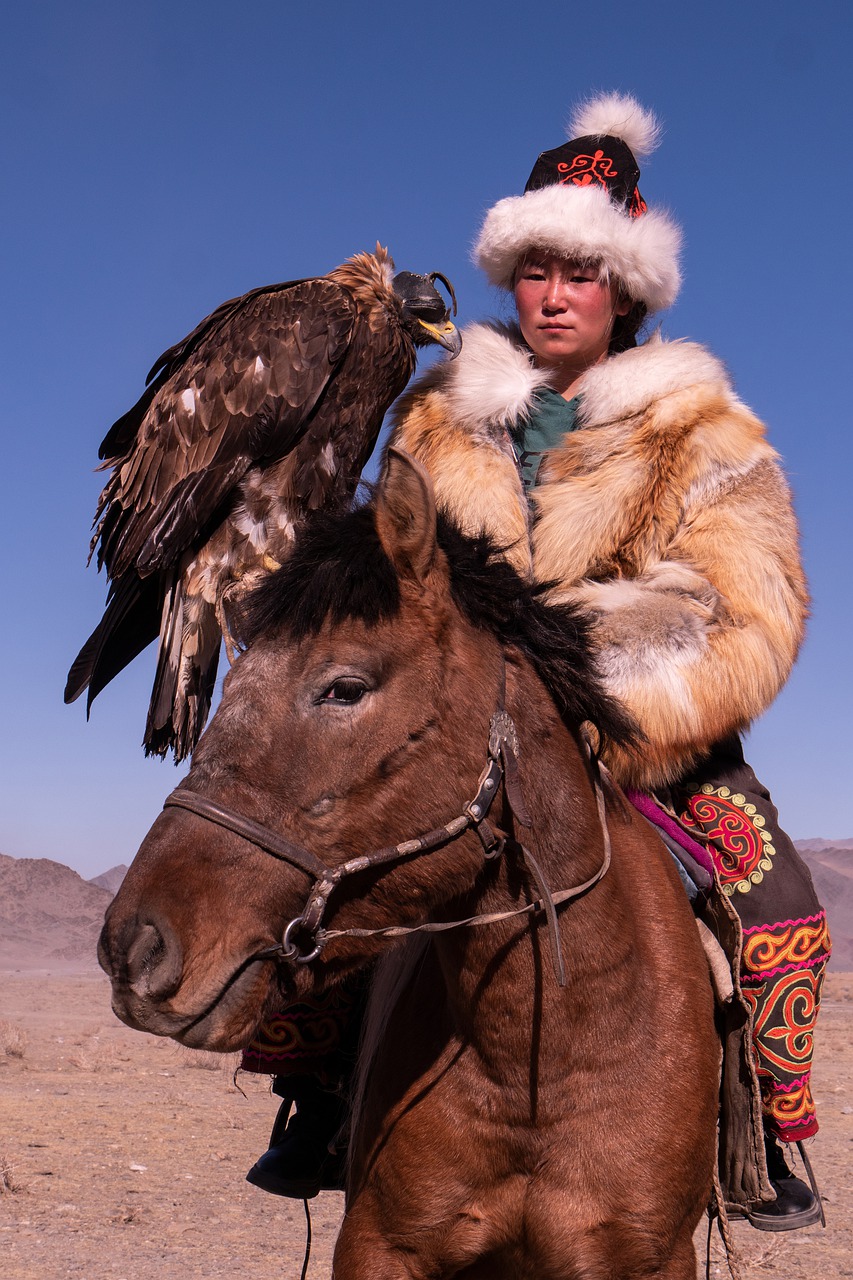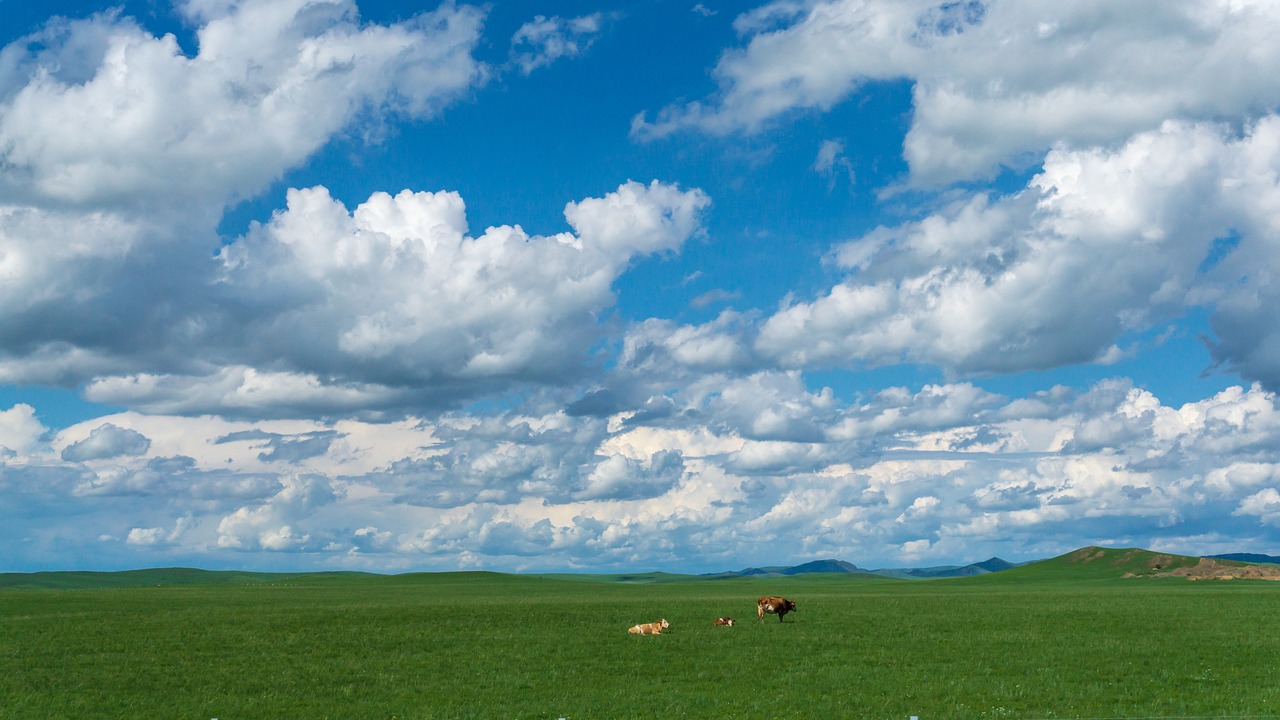Mongolia Video
Managing Finances and Payments while Working in Mongolia
Mongolia, known for its vast landscapes and nomadic culture, is an exciting place to work. However, managing finances and payments in a foreign country can be challenging. In this article, we will explore various aspects of managing finances while working in Mongolia, including banking services, currency exchange, taxation, and payment options.
Banking Services
When working in Mongolia, it is essential to have a local bank account to manage your finances effectively. There are several reputable banks in Mongolia, including Khan Bank, Trade and Development Bank, and Golomt Bank. These banks offer a range of services such as savings accounts, current accounts, and international money transfers.
- Savings Accounts: Opening a savings account in a Mongolian bank allows you to earn interest on your savings while keeping your money secure.
- Current Accounts: A current account is ideal for day-to-day transactions, including receiving your salary and making regular payments.
- International Money Transfers: Mongolian banks provide international money transfer services, allowing you to send and receive funds from abroad.
Currency Exchange
When working in Mongolia, it is crucial to understand the currency exchange process. The official currency of Mongolia is the Mongolian Tugrik (MNT). Here are some key points to consider:
- Exchange Rates: The exchange rate between the Mongolian Tugrik and other major currencies fluctuates daily. It is advisable to check the rates before making any currency exchanges.
- Exchange Locations: Currency exchange services are available at banks, exchange offices, and some hotels in major cities like Ulaanbaatar. It is recommended to use authorized exchange services to ensure fair rates and avoid counterfeit currency.
- ATMs: ATMs are widely available in Mongolia, and most accept international cards. However, it is advisable to inform your bank about your travel plans to avoid any issues with card usage.
Taxation
Understanding the taxation system is important when working in Mongolia. Here are some key points to consider:
- Personal Income Tax: In Mongolia, the personal income tax rate is progressive, ranging from 10% to 25%. It is essential to comply with tax regulations and ensure accurate reporting of your income.
- Social Security Contributions: Both employees and employers are required to contribute to the social security system in Mongolia. These contributions provide access to public healthcare and pension benefits.
- Tax Residency: If you are working in Mongolia for more than 183 days in a calendar year, you may be considered a tax resident. Tax residency status can impact your tax obligations and eligibility for certain benefits.
Payment Options
When it comes to payment options in Mongolia, there are several convenient methods available:
- Cash: Cash is widely accepted in Mongolia, especially in rural areas. It is advisable to carry some cash for small purchases and transactions.
- Bank Cards: Debit and credit cards are widely accepted in urban areas, including hotels, restaurants, and shopping centers. Visa and Mastercard are the most commonly accepted card networks.
- Mobile Payments: Mobile payment services like “Khan Bank Wallet” and “LendMN” are gaining popularity in Mongolia. These services allow you to make payments using your mobile phone.
- Online Banking: Most Mongolian banks offer online banking services, allowing you to manage your finances, pay bills, and transfer funds conveniently.
Mongolia Image 1:

Tourism and Travel
Mongolia offers a unique blend of natural beauty and cultural experiences. Here are some must-visit destinations in Mongolia:
- Ulaanbaatar: The capital city of Mongolia, Ulaanbaatar, is a vibrant city with a mix of modern and traditional attractions. Visit the Gandantegchinlen Monastery and the National Museum of Mongolia for a glimpse into the country’s rich history and culture.
- Gobi Desert: Explore the vast landscapes of the Gobi Desert, home to unique flora and fauna. You can experience camel trekking, visit ancient rock formations, and witness the stunning Khongoryn Els sand dunes.
- Lake Khuvsgul: Known as the “Blue Pearl of Mongolia,” Lake Khuvsgul offers breathtaking beauty and a tranquil atmosphere. Enjoy activities like boating, fishing, and hiking in this pristine natural wonder.
Mongolia Image 2:

Shopping and Dining
Mongolia offers a unique shopping and dining experience, blending traditional and modern elements. Here are some recommendations:
- State Department Store: Located in Ulaanbaatar, the State Department Store is a popular shopping destination offering a wide range of goods, including clothing, souvenirs, and traditional Mongolian items.
- Traditional Mongolian Cuisine: Sample traditional Mongolian dishes like khorkhog (a meat stew cooked with hot stones), buuz (steamed dumplings), and aaruul (dried curds). These can be found in local restaurants and food stalls.
- Night Market: Visit the Night Market in Ulaanbaatar to experience the vibrant atmosphere and find unique souvenirs, crafts, and local street food.
Mongolia Image 3:

Conclusion
Managing finances and payments while working in Mongolia requires understanding the local banking system, currency exchange processes, taxation regulations, and available payment options. With proper knowledge and planning, you can navigate the financial landscape of Mongolia with ease and enjoy your time working in this beautiful country.
References
– Khan Bank: www.khanbank.com
– Trade and Development Bank: www.tdbm.mn
– Golomt Bank: www.golomtbank.com
– Bank of Mongolia: www.mongolbank.mn
– Ministry of Finance of Mongolia: www.mof.gov.mn


